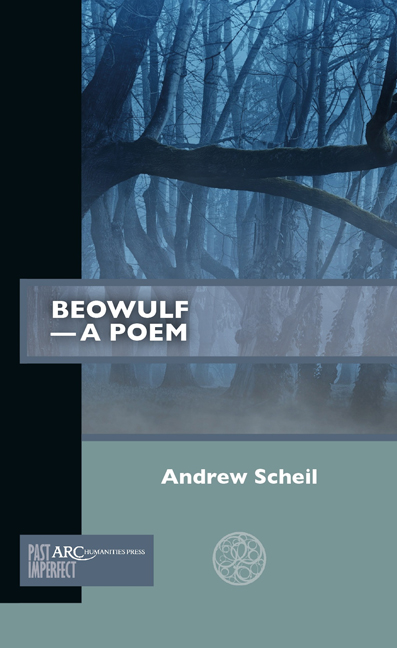Summary
Doubt therefore permeates Beowulf in a variety of ways and this spirit of questioning is part of the poem's existential concerns. But could anything seem more contrary to the popular image of Beowulf—that it is a meditative work of existentialism? But it is true: Beowulf is a reflective poem, concerned with the large questions of human existence: Who are we? What is this world that we find ourselves in? Are we alone? How does this world work and what is the part I am to play in it? Is there a divinity that shapes our ends, rough hew them how we will? Or does humanity prey upon itself, like monsters in the deep?
I would like to show in this chapter how Beowulf poses and explores these humanist questions through its interest in the contingent nature of human events. What do I mean by “contingent” in this sense? That the poem is centrally concerned with unexpected events; with the way events are connected to each other in unexpected ways; with the way events relate to one another in the movement of causality. And, finally, in the implications of contingent events: does a higher power direct the movement of human lives by some design, no matter how obscure; or is life simply driven by human choice in the world, and all its random joys and sorrows. Who makes the world?
Change and the Emergent Occasion
Change has always been the presiding author of our lives. Whether incremental or swift, unexpected or foreseen, change demarcates our perception of time and time's ongoing narrative expression. We live according to the narratives, the stories, that give our lives sense and form. Changing circumstances—especially sudden, unexpected changes—stress or rupture our expectations of normality and reality. We respond to the force of these emergent occasions in various ways in order to accommodate what Donne called the “[v]ariable, and therefore miserable condition of Man.” It is at those moments of pause and change that human individ-uality is perhaps felt most keenly; the reverberations of the emergent occasion play about the border between individual lives and their enveloping contexts.
- Type
- Chapter
- Information
- Beowulf , pp. 39 - 58Publisher: Amsterdam University PressPrint publication year: 2022

